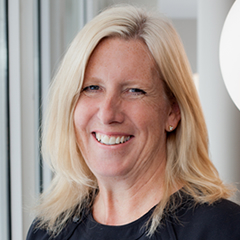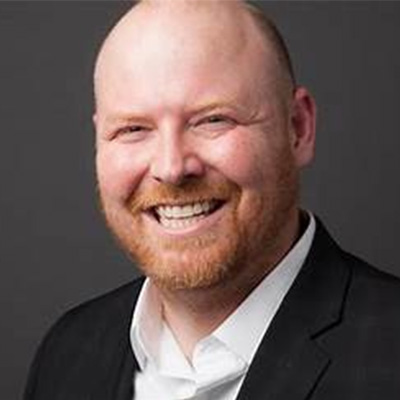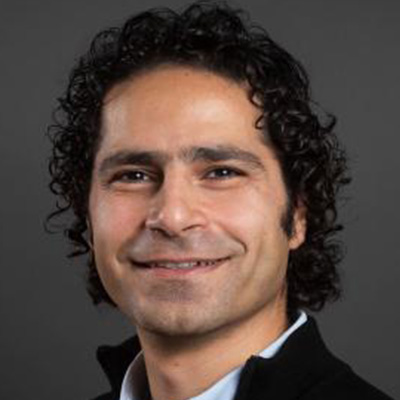How to Measure Your Organization’s Social Impact
Best practices, tools and methods to determine ROI for social investments
Organizations are great at tracking all sorts of things: financial performance, customer satisfaction, productivity and so on. But few know how to credibly measure and report their social, environmental and wider economic impacts — at least not with the same rigour and discipline as financial reporting.
The good news: now they can. There are best practices, tools and methods that can be used to define and quantify claims of impact and measure ROI for social investments. These can help gauge the success (or failure) of such programs, inform strategy and allow managers and leaders to report with confidence to shareholders, employees, customers and other stakeholders.
So how can you start to measure your organization’s social impact performance? How can you use that information to shape your company’s greater purpose? And how can you measure the good you and your organization are doing so you can do more good?
This session is led by Elspeth Murray, strategy and entrepreneurship professor at Smith; Christopher Cotton, economics professor at Queen’s University; and Bahman Kashi, Queen’s assistant professor and founder of Limestone Analytics. Based on fundamentals taught in the Certificate in Professional Impact Analysis program (CPIA), this webinar will include real-life business case studies, and be both practical and inspirational. Forward-thinking organizations will welcome the discussion on navigating the fundamental change towards evidence-based decision-making.
You learn:
- How to define the social, environmental and economic impacts of your organization’s products, processes, projects, investments and policies
- How to establish accountable measures for evidence-based decision-making
- Ways to go beyond minimum compliance for corporate social responsibility
- How to put your organization at the forefront of measuring and reporting social impact
- The role of impact accounting (quantifying your footprint)
- How to choose an existing framework, or create your own, to verify, report, manage and adapt
This webinar was recorded live on Thursday, September 26 at 1 p.m. (ET) and was presented by Smith Business Insight and the Centre for Entrepreneurship, Innovation and Social Impact at Smith School of Business.
Session Participants

Dr. Elspeth Murray
Elspeth Murray is an associate professor, director of the Centre for Entrepreneurship, Innovation & Social Impact and CIBC Fellow in Entrepreneurship at Smith School of Business, with expertise in strategy, the management of change and entrepreneurship. She is the co-author of the bestselling book Fast Forward: Organizational Change in 100 Days, with Peter Richardson. She advises a number of tech companies and is working on a number of digital transformation projects focused on creating an analytics culture. Prior to joining Smith, she worked for several firms including IBM and Canadian Tire.

Dr. Christopher Cotton
Christopher Cotton holds the Jarislowsky-Deutsch Chair in Economic & Financial Policy at Queen’s University and serves as director of the John Deutsch Institute for the Study of Economic Policy. His research and teaching focus on improving evidence and accountability in policymaking, financing and strategy. He regularly advises governments and organizations in North America and worldwide on defining and measuring social and economic impact. He holds cross-appointments in the Department of Economics and the Schools of Medicine and Policy Studies at Queen’s and serves as research director at Limestone Analytics. He is co-director of the newly established Centre for Innovative Policy Research at Queen’s.

Dr. Bahman Kashi
Bahman Kashi is the founder and president of Limestone Analytics, growing it into a global consulting firm that works to help organizations such as the U.S. State Department, the Gates Foundation, World Vision, the World Health Organization and the World Bank to expand the use of evidence in decision-making by better defining, measuring and analyzing their environmental, social and economic impacts. He is also a continuing adjunct professor at Queen’s University, teaching at Smith School of Business, the Department of Economics, the School of Policy Studies and on the Master of Earth and Energy Resources Leadership program.